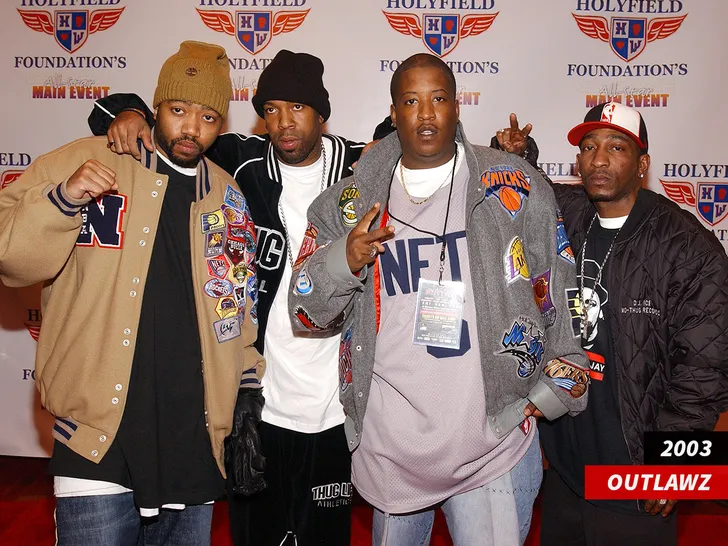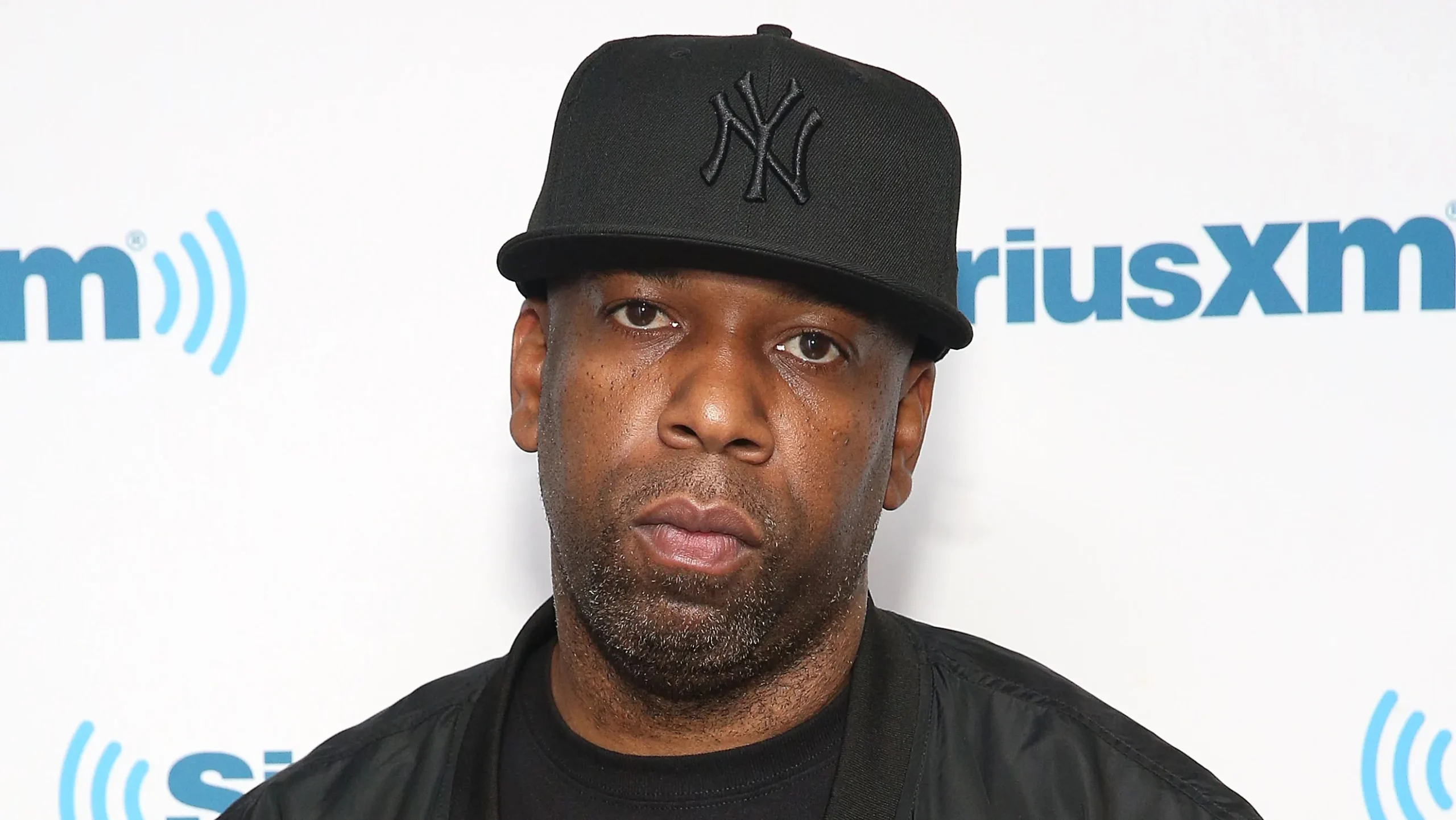Explore the career of Young Noble, the last member of Tupac Shakur’s legendary rap group Outlawz. Learn about his music, legacy, and influence on hip-hop culture.
Introduction

Young Noble, born Rufus Cooper III on March 21, 1978, is an American rapper best known as a member of Outlaws, the hip-hop group founded by the late Tupac Shakur. As the youngest and final member to join the group, Young Noble’s loyalty, lyrical strength, and consistent presence have made him a respected figure in the hip-hop community. His journey from New Jersey to being part of one of rap’s most iconic collectives is one of resilience, remembrance, and reverence for Tupac’s legacy.
Early Life and Musical Beginnings
Born in Rancho Cucamonga, California, and raised in New Jersey, Young Noble began his musical journey in the mid-1990s. Although he was passionate about music early on, it was his connection with Tupac Shakur that truly launched his professional career.
In 1996, Noble was invited by Tupac to join Outlawz, just months before the legendary rapper’s untimely death. He took on the alias “Young Noble”, consistent with Tupac’s vision of each member having a name tied to global political resistance or revolution.
Outlawz and Connection to Tupac
Young Noble made his first official appearance with Tupac on the track “Hit ‘Em Up”, one of the most controversial diss tracks in hip-hop history. This song, aimed primarily at The Notorious B.I.G., remains a defining moment in hip-hop’s East Coast–West Coast rivalry. His verse introduced him to the world as a bold and fearless emcee.
After Tupac’s death in September 1996, the Outlawz continued releasing music to honor their fallen leader. Noble played a significant role in maintaining the group’s momentum and spirit.
Their first official group album, “Still I Rise” (1999), was released under the name 2Pac + Outlawz, featuring many previously unreleased Tupac verses. The album was certified Gold and featured hits like “Letter to the President” and “Baby Don’t Cry (Keep Ya Head Up II)”.
Solo Career and Independent Projects
Over the years, Young Noble has released numerous solo and collaborative albums, establishing himself as a solo artist with a unique voice and message. His solo debut, “Noble Justice” (2002), was critically appreciated for its sincerity and commitment to Tupac’s themes of struggle, empowerment, and community.
Other notable solo and joint projects include:
- “Outlaw Rydahz Vol. 1” (2004)
- “Noble Justice: The Lost Songs” (2010)
- “Fast Life” (with Hussein Fatal, 2013)
- “Son of God” (2012)
- “Outlaw Nation Vol. 1” (2014)
Young Noble has also collaborated with artists like Hussein Fatal, EDI Mean, and Deuce Deuce, keeping the Outlawz legacy alive through brotherhood and artistic expression.
Legacy and Influence
Young Noble remains a consistent force in hip-hop, particularly in the underground and independent rap scene. His loyalty to Tupac’s vision and refusal to compromise his values have earned him respect across generations of artists.
He often speaks about community empowerment, anti-violence initiatives, and the need for authenticity in hip-hop—a reflection of the activist spirit embedded in Tupac’s ideology.
His lyrical themes often revolve around:
- Black empowerment
- Street life realism
- Brotherhood and loyalty
- Social justice and systemic inequality
Unlike many of his peers who faded after the 1990s, Noble evolved with the times while preserving the raw essence of the Outlawz.
Personal Life and Challenges
In 2016, Young Noble suffered a heart attack, which became a wake-up call. Since then, he has spoken publicly about the importance of health, fitness, and mental well-being—particularly in the hip-hop community, where such topics are often overlooked.
He continues to release music, mentor young artists, and participate in interviews and panels that explore Tupac’s influence and the state of modern hip-hop.
Conclusion
Young Noble is more than just the last surviving member of the Outlawz—he is the living embodiment of Tupac’s enduring spirit. With over two decades in the industry, countless albums, and an unwavering message, Noble remains a powerful voice for those who view hip-hop not just as music, but as a movement.

